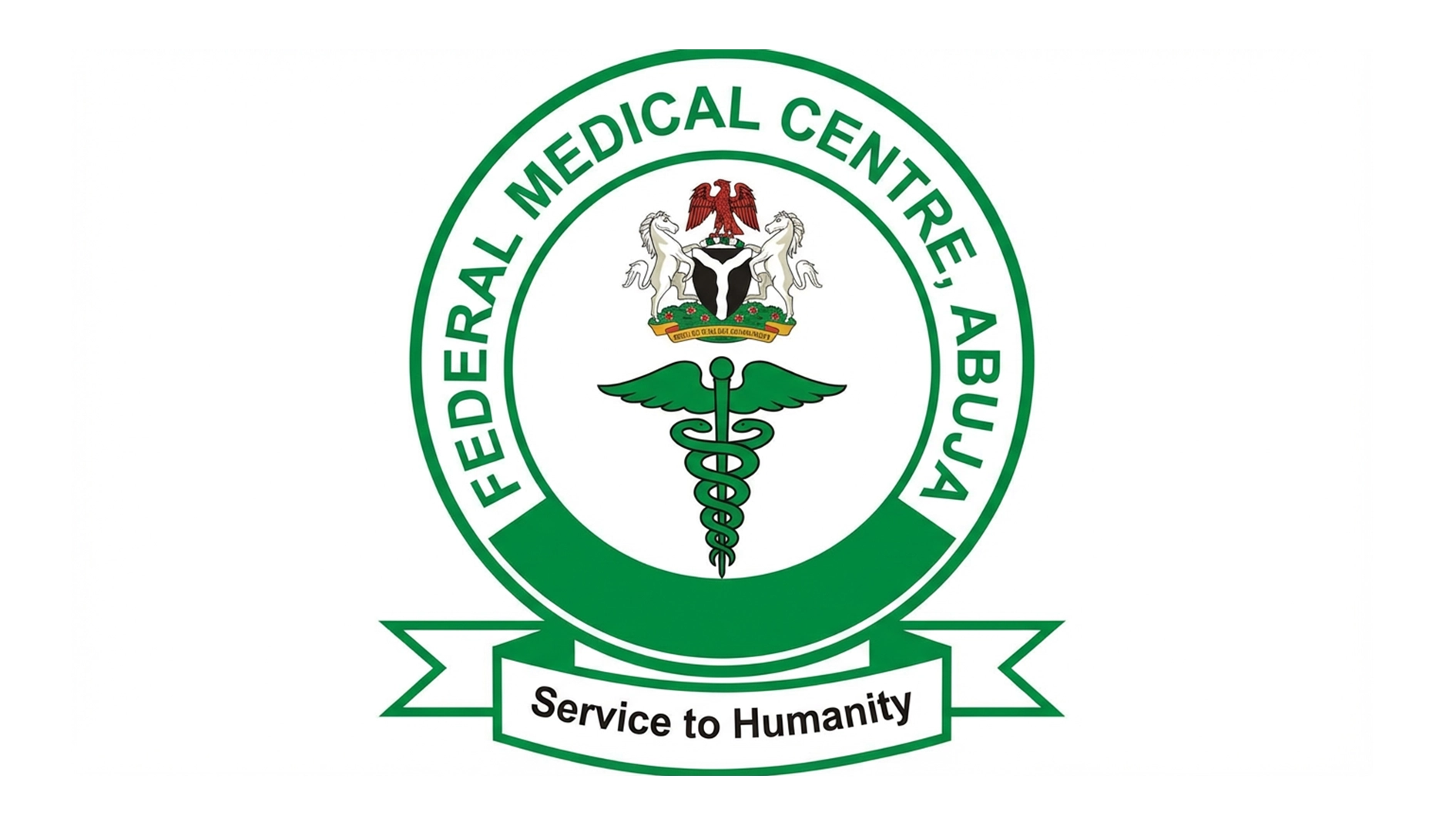Stakeholders have appealed to Lagos residents to cooperate with field workers conducting the Nigeria State-Level Antiretroviral Therapy (ART) Impact Survey (AIS), which aims to assess HIV treatment coverage and viral load suppression.
The survey, themed “Every Step Counts: Towards an HIV-Free Nigeria,” was launched by the Lagos State Government in collaboration with the Federal Ministry of Health and development partners. It will estimate HIV treatment coverage and viral load suppression among adults aged 15–64 years.
Permanent Secretary, Lagos State Ministry of Health, Dr Olusegun Ogboye, said the exercise would cover 205 Enumeration Areas, 6,150 households, and about 11,397 participants across the state’s 20 local councils.
“This is an impact survey that will assess HIV prevalence, treatment coverage and viral load suppression among adults in Lagos. We count on the cooperation of communities, security agencies and field workers to make it successful,” he said.
Ogboye urged field workers to be diligent, noting that even one individual’s participation could influence national health planning. Deputy Director, Epidemiology and Strategic Information at the U.S. Centres for Disease Control and Prevention (CDC), Dr Ibrahim Dalhatu, described the initiative as people-centred, adding that its outcomes would guide major health decisions for Lagos and Nigeria. He reaffirmed CDC’s commitment to providing technical support.
Representing the National Coordinator of the National AIDS/STIs Control Programme (NASCP), Deputy Director of Prevention, Dr Chioma Ukanwa, described the AIS as a globally recognised exercise critical to achieving epidemic control. She called on community leaders to sensitise members, stressing that reliable results depend on full cooperation with survey teams.
Director of Research, Monitoring and Evaluation at the National Agency for the Control of AIDS (NACA), Mr Francis Agbo, said the indicators from the survey would help track progress toward epidemic control. He disclosed that a similar exercise had been completed in Akwa Ibom, with Lagos identified as the next priority.
Deputy Director of Surveillance at the Nigeria Centre for Disease Control (NCDC), Dr Williams Nwachukwu, pledged technical support to ensure quality data collection and analysis. He described the launch as “another milestone in the fight against HIV.”
Representative of the Network of People Living with HIV/AIDS in Nigeria (NEPWHAN), Mr Patric Akpan, assured that communities would support the initiative, noting that reliable data from Lagos would strengthen evidence-based health policies.
Director of Disease Control, Lagos State Ministry of Health, Dr Victoria Egunjobi, said the fight against HIV had moved beyond stigma and would now focus on evaluating progress, closing treatment gaps, and ensuring dignity for people living with the virus.
Lagos State AIDS Programme Coordinator, Dr Oladipupo Fisher, outlined the community mobilisation strategy. He said awareness campaigns would run before, during, and after data collection through posters, town hall meetings, door-to-door visits, and targeted outreach.
According to him, 30 survey teams supported by community mobilisers will be deployed to engage residents and dispel myths about HIV testing. Mobilisers will schedule appointments, distribute information materials, and encourage participation to ensure the success of the survey.






